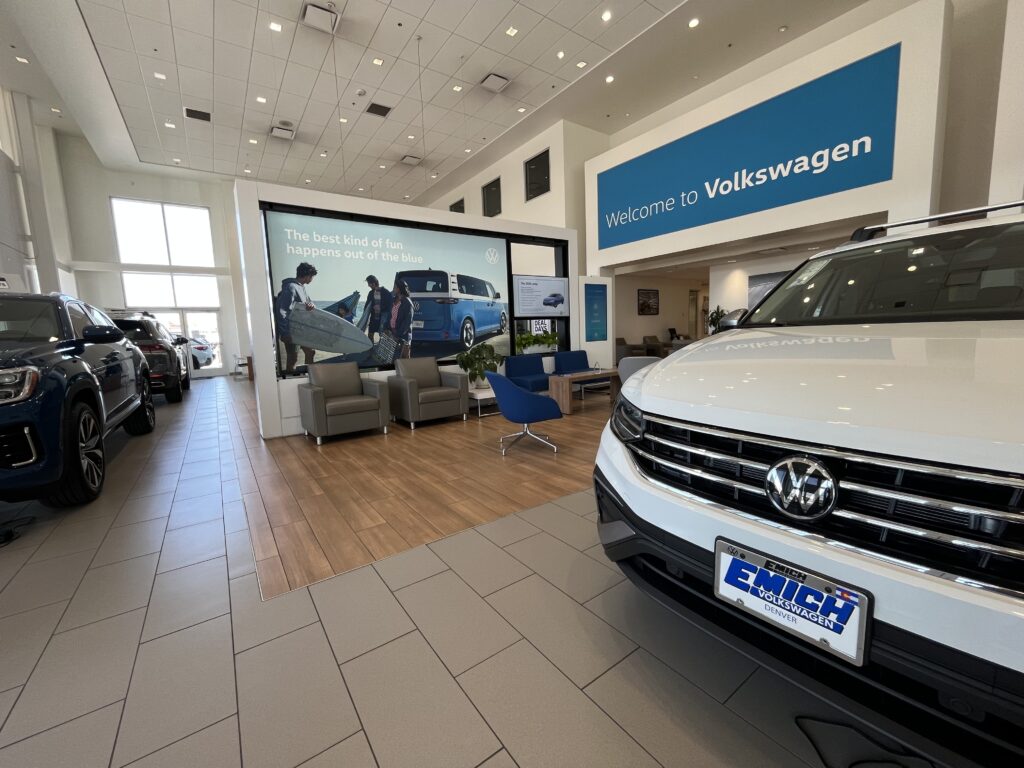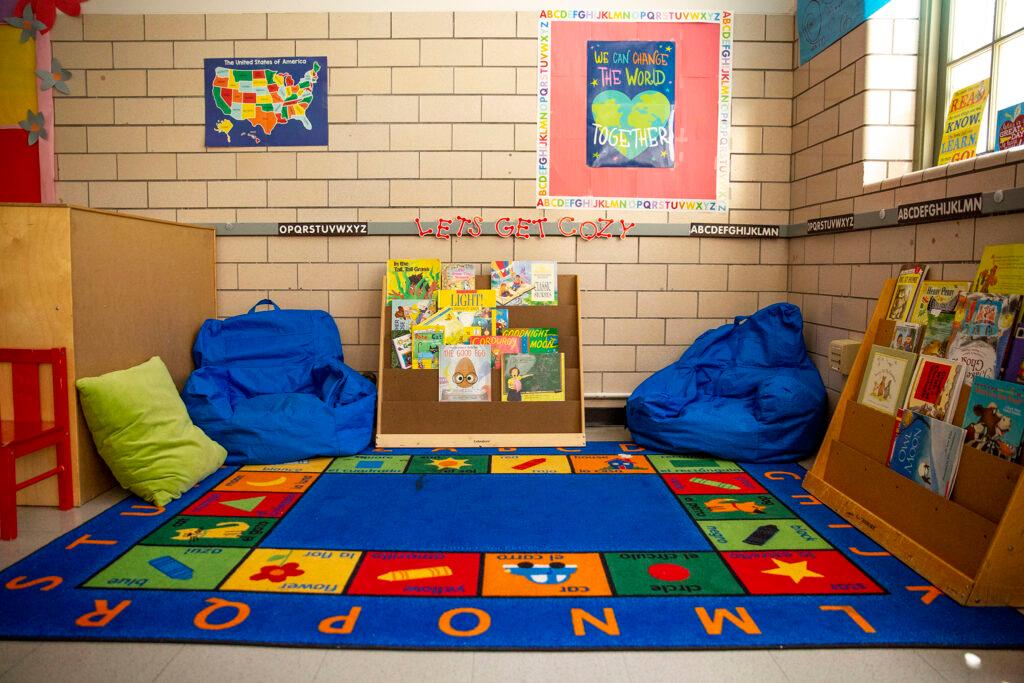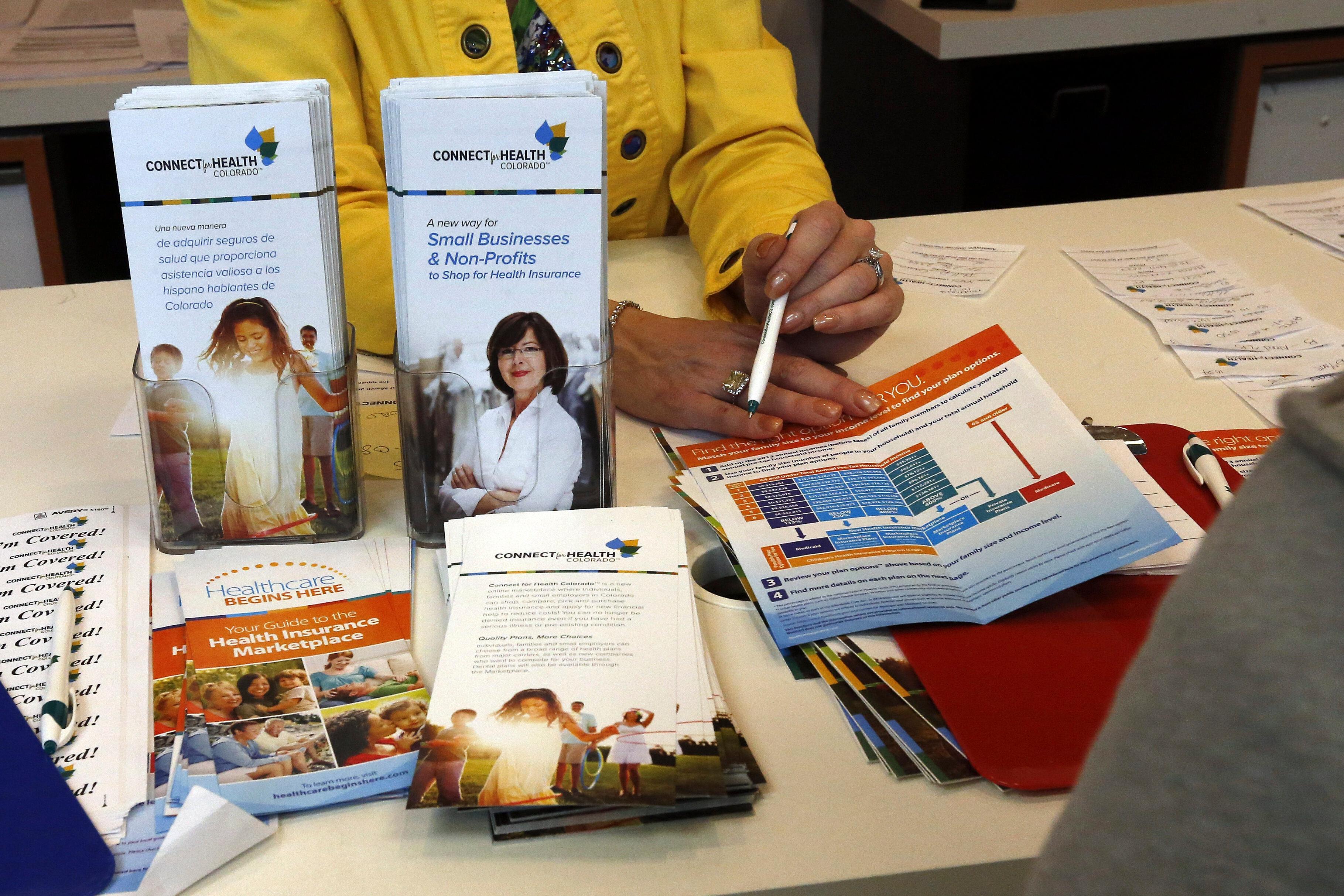
Many customers at Emich Volkswagen in Denver have had one thing on their mind in recent weeks: tariffs.
“It’s all the talk,” said Mike Daigle, a sales consultant at the dealership. “More and more people are coming in and that's at the front of their mind.”
Sales of new cars held steady at the dealership even amid a shaky economy, and used car sales have jumped in recent weeks, employees say. Dealers across the state reported busy showrooms over the weekend too, according to a state industry group, as customers move to lock down new wheels before 25 percent tariffs on imported cars kick in on Thursday. Tariffs on imported car parts begin on May 3.
“Myself included,” Daigle said. “My wife and I just bought a car a couple of days ago just in anticipation of bad news, and so we just figured we would lock in some good pricing now while we can.”
President Trump announced the tariffs in March with the backing of labor unions, arguing they will boost manufacturing in the U.S. But automakers and industry groups say they will lead to higher prices in the short term. Trump also announced “reciprocal” tariffs on Wednesday, which dealers worry could push prices even higher.
But how the tariffs play out will likely vary across dealerships and automakers, said Matthew Groves, president and CEO of the Colorado Automobile Dealers Association.
Some manufacturers have indicated privately they will eat the cost of the tariffs as long as they can, Groves said.
“That is founded on the notion that things are changing so quickly that this may or may not last very long,” he said, referencing how the president’s tariffs tend to shift over time and with sometimes little notice.
Some manufacturers are stockpiling vehicles now so they can put off the tariffs’ impacts for a month or two or three, Groves said. Fred Emich’s dealerships in the Denver metro are taking the same tack.
“The short term looks OK,” said Emich, managing partner at Emich Automotive. “But the long term looks very difficult and is very unnerving.”

Other manufacturers may spread out price increases across all of their models, Groves said — even if some are manufactured in the U.S. and aren’t as heavily impacted by tariffs.
Groves said he’s sympathetic to Trump’s goal of increasing the number of cars made in the U.S. but warned of “consumer pain in the meantime.” He and others said now is the best time to buy a car for people who may need one in the near future.
“If you need a car, you should probably do something about it soon,” said Daigle, the Emich sales consultant. “If you don't need a car, be prepared to drive what you have, maybe for quite a while.”
Even used cars, which wouldn’t be directly impacted by the tariffs, are already seeing prices start to tick up as demand rises, said Rhiannon Wickizer, used car manager at Emich Volkswagen. Dealers are buying up used cars at auction, “gearing to stock up inventory, I think, just anticipating the worst-case scenario.”
Editor's note: This story has been corrected to reflect that tariffs on imported car parts begin on May 3.








